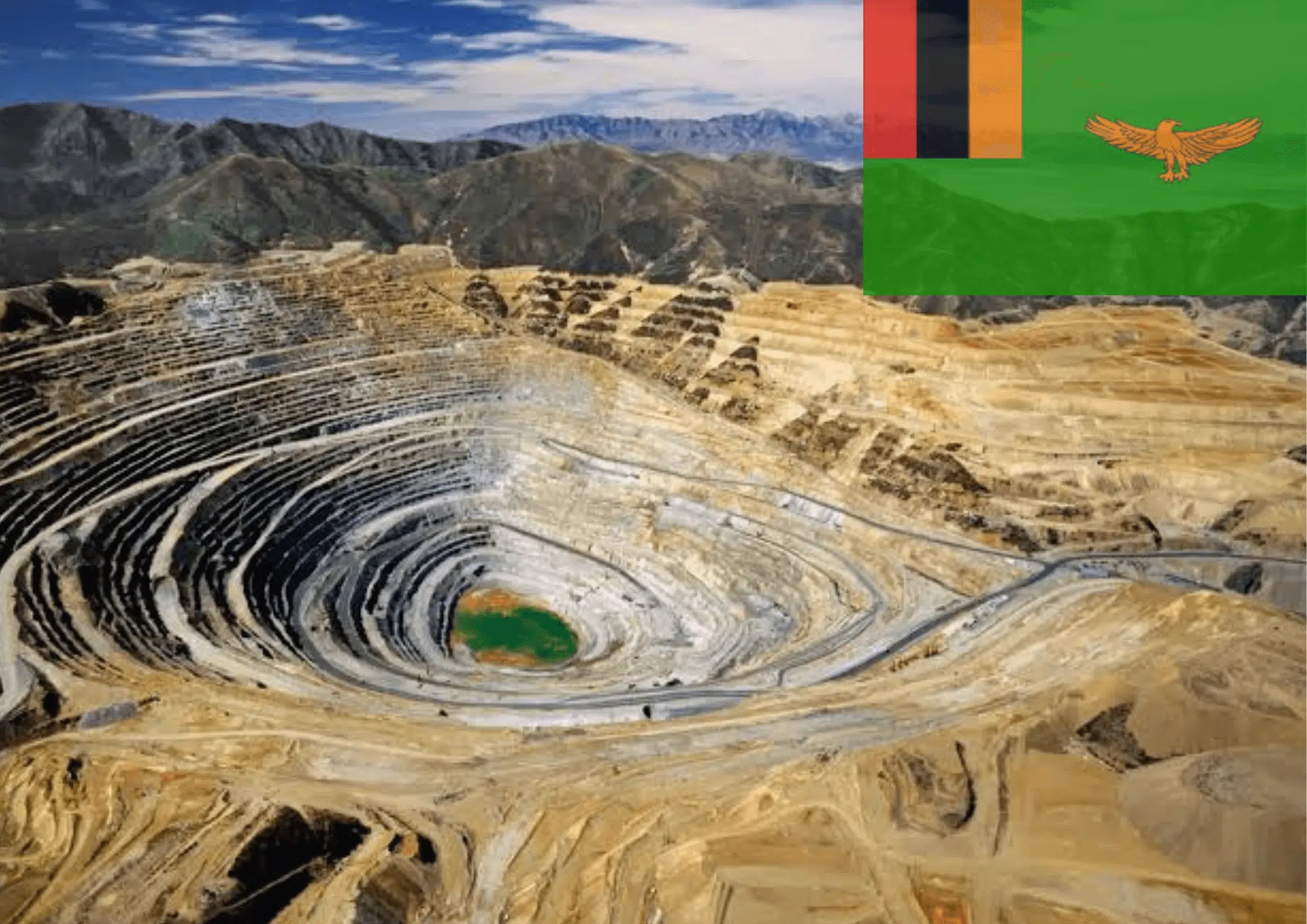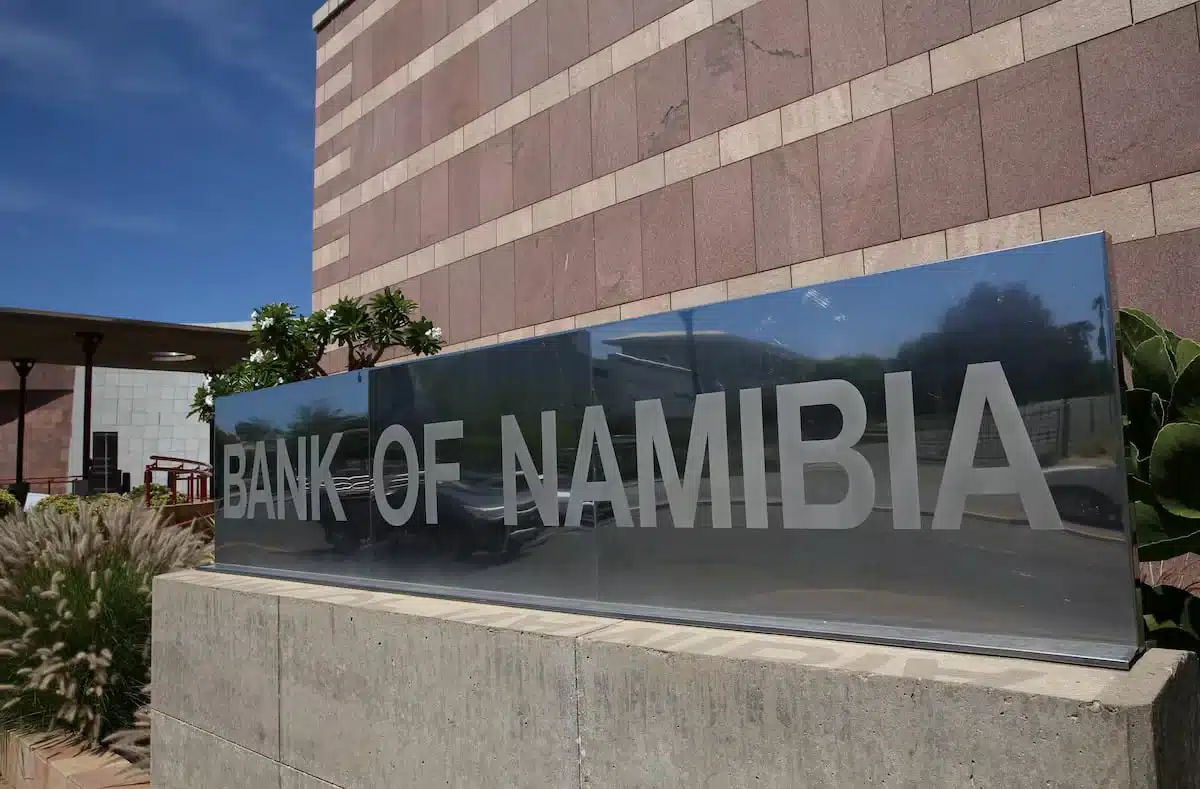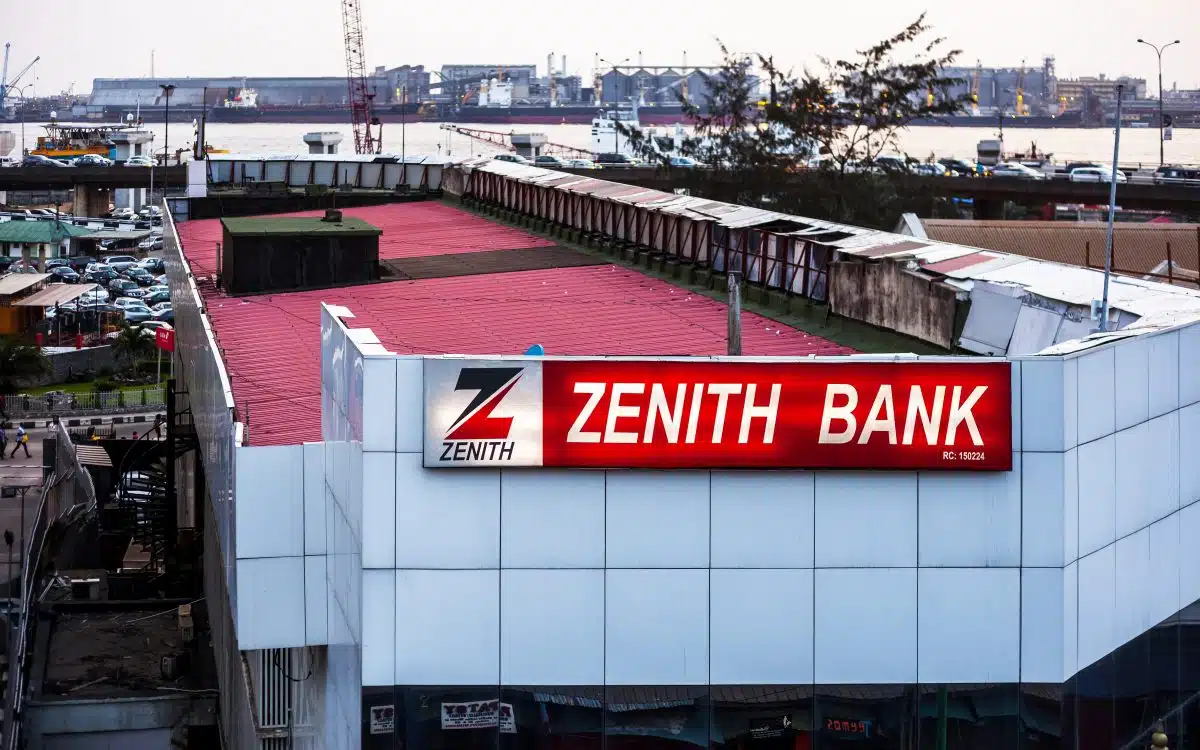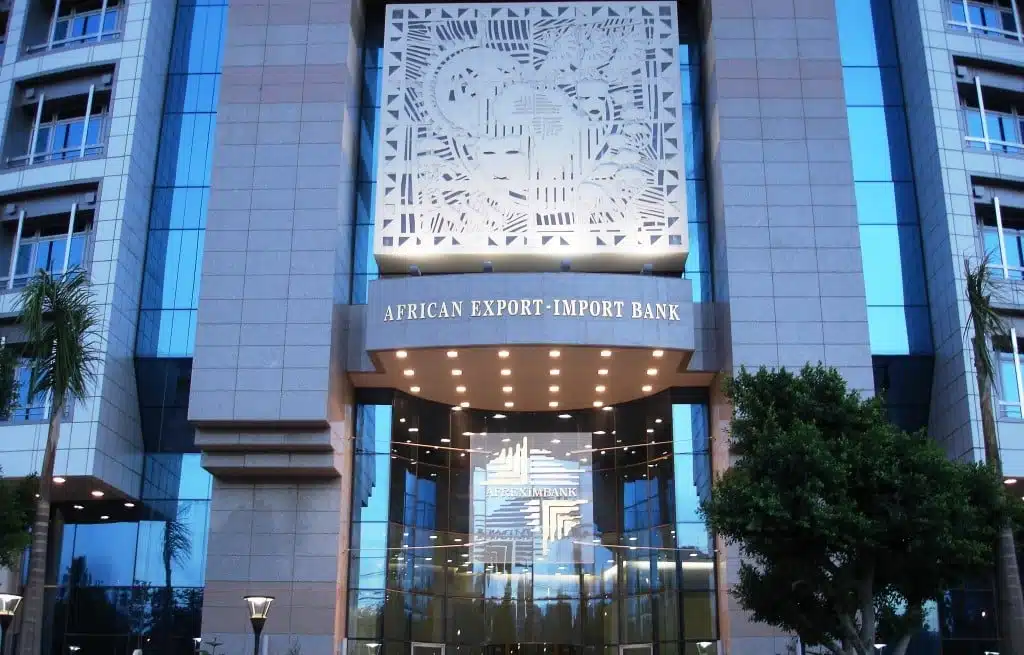Zambia is depending on its mining sector to recover from a tough year caused by a severe drought. This is because mining plays a significant role in the country’s economy, making up over 70% of export earnings and nearly 30% of government revenue.
In 2024, copper production rose by 12%, reaching 820,670 metric tonnes, up from 732,580 tonnes in 2023, and the government aims to reach 1 million tonnes by 2026.
However, Zambia is losing a lot of revenue due to tax evasion, especially in mining. Weak tax enforcement allows companies to underreport earnings and move profits abroad. A 2023 study showed that Zambia’s tax gap is between 47% and 56%. In 2022, the Financial Intelligence Centre reported over K1.3 billion in tax evasion cases, a rise from K722 million in 2021.
Some reports suggest Zambia loses up to $3 billion each year to tax avoidance by multinational mining firms, though some critics argue that figure is too high.
Still, tax evasion in the mining sector is a major source of lost revenue that Zambia needs to address for economic growth.
One major issue is profit shifting, where companies manipulate pricing to reduce taxable income. Weak monitoring systems also make it easy for firms to underreport exports, leading to lower tax contributions.
For example, Mopani Copper Mines, a Glencore subsidiary, caused Zambia to miss out on $102 million annually in taxes due to profit shifting practices. The OECD also noted similar issues in Zambia’s mining sector in its 2020 case study, emphasizing the need for stronger monitoring to ensure fair tax collection.
Transfer mispricing is another challenge. A 2018 report by the Zambia Extractive Industries Transparency Initiative (ZEITI) revealed that some mining firms sell copper at artificially low prices to subsidiaries abroad, reducing taxable profits in Zambia. In one case, a company exported copper worth millions below market rates, effectively avoiding higher tax payments.
Additionally, lack of proper auditing tools makes it hard to track tax loopholes. Countries like Botswana, for instance, use systems like automated tracking of mineral exports and revenues to ensure tax accuracy. If Zambia adopts similar tools, it could recover billions in lost taxes.
On top of these, Zambia collects less in royalties compared to other mining-heavy countries. Unlike Chile, which charges up to 30% in copper royalties, Zambia’s rates range from 5.5% to 10%, further limiting revenue collection. This means Zambia not only loses money to tax evasion but also misses out on potential revenue from higher royalty rates.






